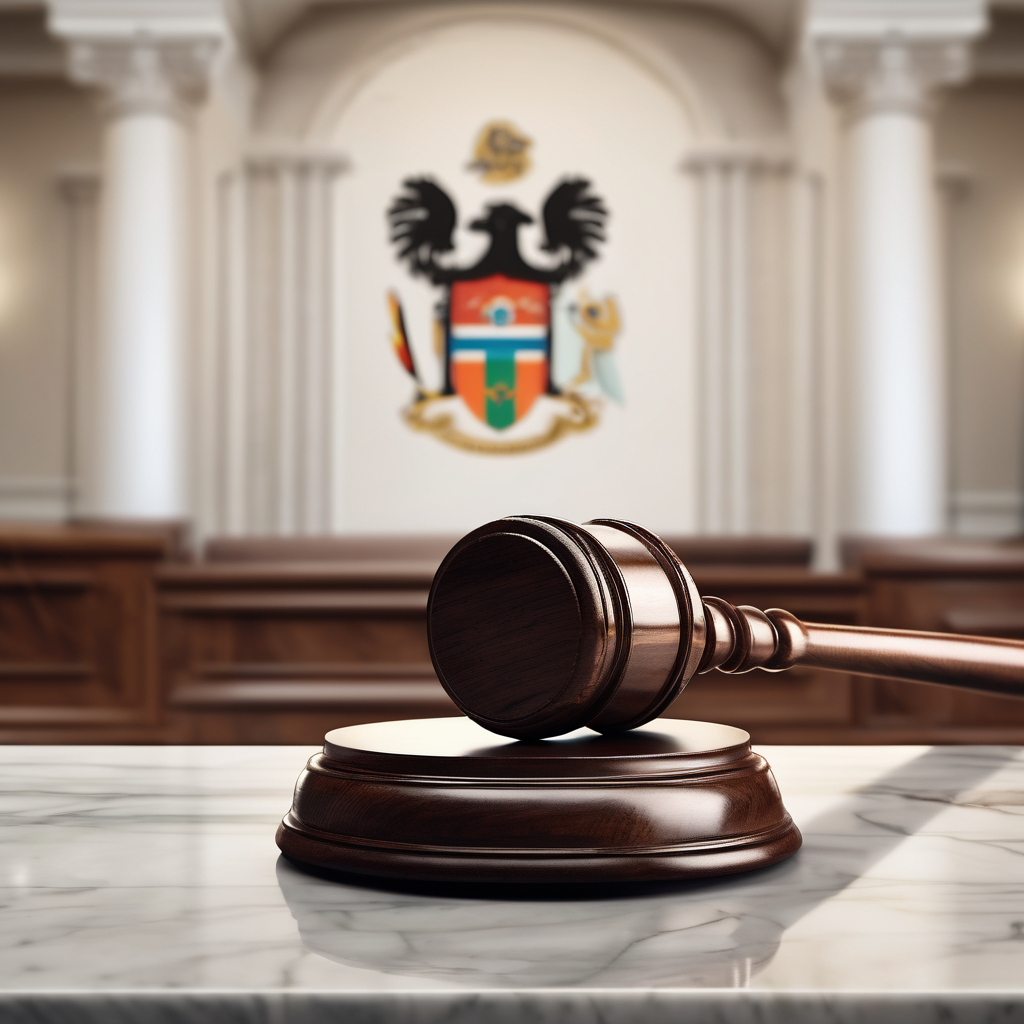Former Attorney-General Aiyaz Sayed-Khaiyum testified in court today as part of his ongoing trial alongside former Supervisor of Elections Mohammed Saneem at the Suva High Court. The case stems from a ruling made yesterday, affirming that there is sufficient evidence for proceedings to continue.
Sayed-Khaiyum faces a charge of abuse of office, while Saneem is accused of receiving corrupt benefits. The allegations suggest that while serving as Prime Minister and Chair of the Constitutional Offices Commission in 2022, Sayed-Khaiyum executed a second Deed of Variation and Addendum. This agreement allegedly allowed for the payment or waiver of additional deductible taxes owed by Saneem, which originated from his back pay process, without obtaining the necessary approvals from the President or the Constitutional Offices Commission.
The prosecution claims that Saneem solicited and received tax relief totaling FJD 55,944.03 on his back pay, which was facilitated by Sayed-Khaiyum. During his testimony, Sayed-Khaiyum remarked that Saneem’s contract was established in accordance with the 2013 Fijian Constitution, emphasizing that the appointment followed formal protocols led by then-President Jioji Konrote.
He stated that Saneem’s role was agreed upon by him and the government, specifically noting that Saneem’s salary was set at $221,974 annually, with additional benefits pending Electoral Commission approval. Sayed-Khaiyum explained that while the contract did not return to the COC for scrutiny, it was a common practice to proceed without its vetted acknowledgment. He elaborated that a review of Saneem’s remuneration was prompted due to a lack of adjustments over several years.
In a broader context, Sayed-Khaiyum stressed that amendments or deductions regarding contracts could only be made through mutual agreement or lawful reasons. The defense maintains that Sayed-Khaiyum’s actions were constitutionally compliant and argues that it should be up to the court to determine if any breaches occurred in the execution of the contract or in the actions that ensued.
The trial has attracted considerable attention, especially regarding transparency in government operations and public trust. As the judicial proceedings continue, they highlight the critical role of accountability in public service, with hopes that the outcomes could lead to enhanced governance practices and reforms that foster ethical conduct in Fiji’s political landscape.
